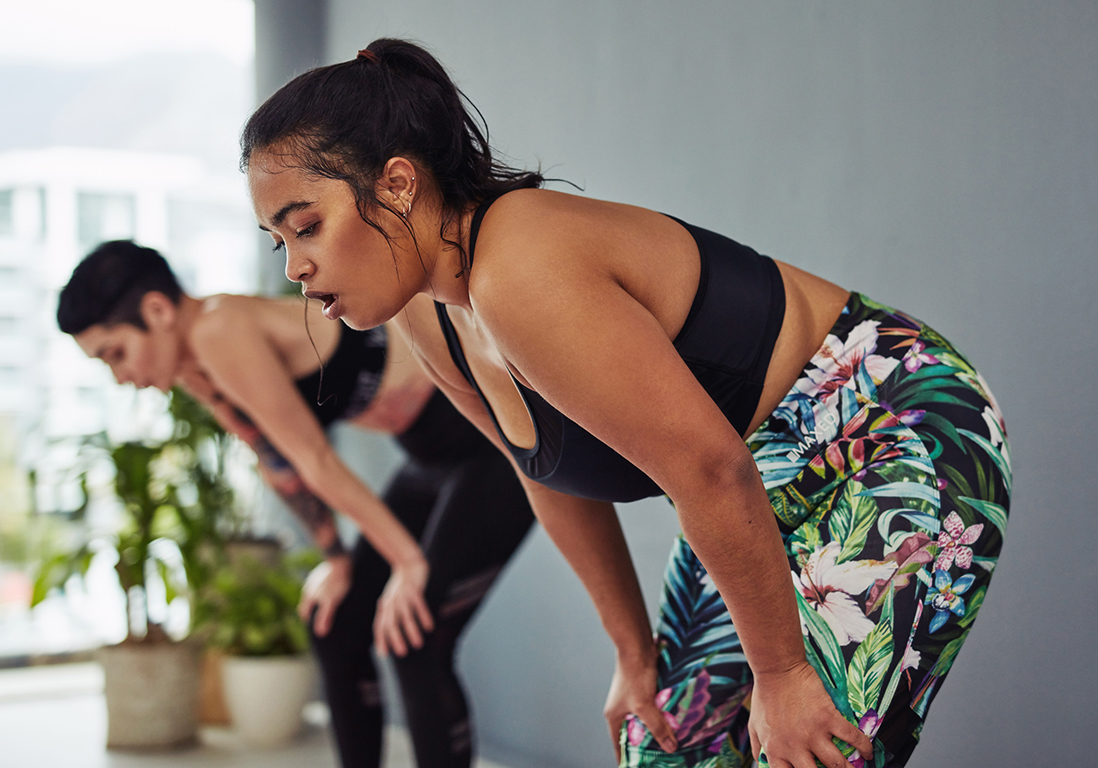Deploy Folding Table of contents
Anxiety affects millions of people around the world, making it one of the most common mental health issues. Exercise, on the other hand, has been proven to help reduce stress and mood-boosting endorphins, making it the perfect natural remedy for anxiety. Unlocking the potential of sports for mental health is increasingly becoming a priority for both medical professionals and individuals looking for natural ways to reduce the symptoms of anxiety, and this article will explore the various ways exercise can be used to manage anxiety.
Harnessing Exercise to Conquer Anxiety
Exercise has long been recognised for its numerous physical and mental health benefits. However, only recently has the potential of sports to fight anxiety has been further explored. While it is important to note that exercise cannot replace professional treatment, it can be used alongside other therapies and medications to help manage anxiety. Exercise is a great way to reduce stress and promote relaxation, both of which can improve mental health.
Exploring the Anxiety-Lowering Benefits of Sports
One of the main benefits of exercise for those suffering from anxiety is its ability to reduce stress. Exercise releases endorphins, which are hormones that act as natural painkillers and can help reduce stress and anxiety levels. It also releases serotonin, a chemical that can help improve mood and reduce symptoms of depression. Regular exercise can also help to improve focus, reduce fatigue, and boost overall wellbeing.
The Power of Physical Activity in Fighting Stress
Physical activity has been found to be particularly beneficial for those looking to manage their anxiety symptoms. Studies have shown that regular exercise can reduce the physical symptoms of anxiety, such as an increased heart rate, racing thoughts, and difficulty concentrating. Exercise can also help improve sleep quality, which is often disrupted in those with anxiety. Additionally, physical activities such as running or biking can be used as an outlet for stress and can help provide much-needed distraction from anxious thoughts.
How Exercise can Help Manage Mental Health
Exercise is also a great way to build self-confidence and self-esteem, two areas that are often lacking in those with anxiety. Exercise can provide a sense of accomplishment, which can help to boost self-esteem and reduce feelings of self-doubt. Additionally, the social aspects of exercise can help reduce feelings of isolation, which is often experienced by those with anxiety. Exercise can also provide an opportunity to meet new people, which can help reduce feelings of loneliness and increase feelings of self-worth.
Uncovering the Anxiety-Reducing Effects of Exercise
Exercise has been long recognised as a great way to improve physical health, but it is increasingly being recognised for its potential to improve mental health. Exercise can help reduce stress and anxiety, improve focus, and improve overall wellbeing. Additionally, regular physical activity can help boost self-confidence and self-esteem, which can be particularly beneficial for those dealing with anxiety. Overall, exercise can be a powerful tool in managing anxiety and should be explored by anyone looking for natural ways to reduce symptoms.
In conclusion, exercise is an excellent way to reduce anxiety and improve overall wellbeing. It is important to note, however, that exercise should not be used as a replacement for professional treatment. Instead, it should be used in conjunction with other therapies and medications to help manage anxiety. With the right approach, exercise can be a powerful tool in managing anxiety and promoting healthier mental health.
Sources
- Dr. Stephen Ilardi, author of The Depression Cure: The 6-Step Program to Beat Depression without Drugs
- Dr. John Ratey, author of Spark: The Revolutionary New Science of Exercise and the Brain
- Maggie Chen, professional golfer and mental health advocate
As a young independent media, Fresno Observer aneeds your help. Please support us by following us and bookmarking us on Google News. Thank you for your support!



